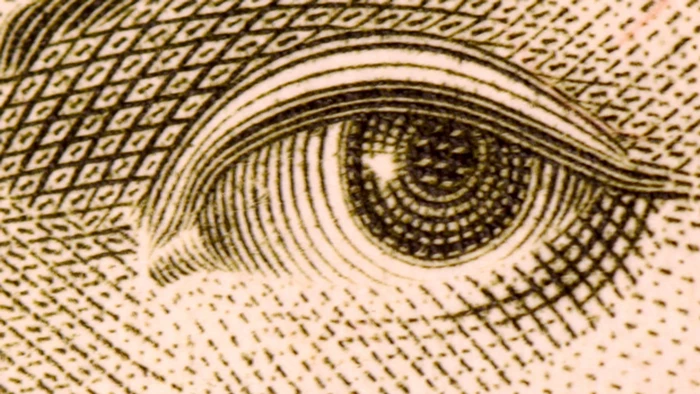Is there an alternative to consumerized Christian influence?

The week before Christmas 2013, GQ magazine published an interview with Duck Dynasty’s patriarch, Phil Robertson. When asked to define “sin,” he disrupted the season’s alleged peace with his go-to example: the gay lifestyle. The Internet, in the spirit of the season, lit up like a Christmas tree.
Meanwhile, Robertson went to the bank: A week after the expose, sales for Robertson’s already best-selling book, Happy, Happy, Happy spiked by more than 80% in Christian retail stores. Christians across the country, some out of curiosity and some out of support, drove to their nearest retailer or clicked to their favorite website and purchased the book.
The famed duck caller wasn’t the first to ruffle feathers over this issue though. In the summer of 2012, the CEO of Chick-fil-A, Dan Cathy, expressed his personal opposition to gay marriage. Gay rights activists called for a boycott, while many others responded by driving to the nearest Chick-fil-A on what they dubbed “Chick-fil-A Day” and stood in long lines to buy a sandwich and support the CEO.
But it was more than just supporting the company or the CEO. They wanted to express their support Cathy’s views about gay marriage. They wanted to embed themselves in the anti-gay marriage camp. For Chick-fil-A, they bought a chicken sandwich. For Duck Dynasty, they bought a book.
Read the rest at Christianity Today.